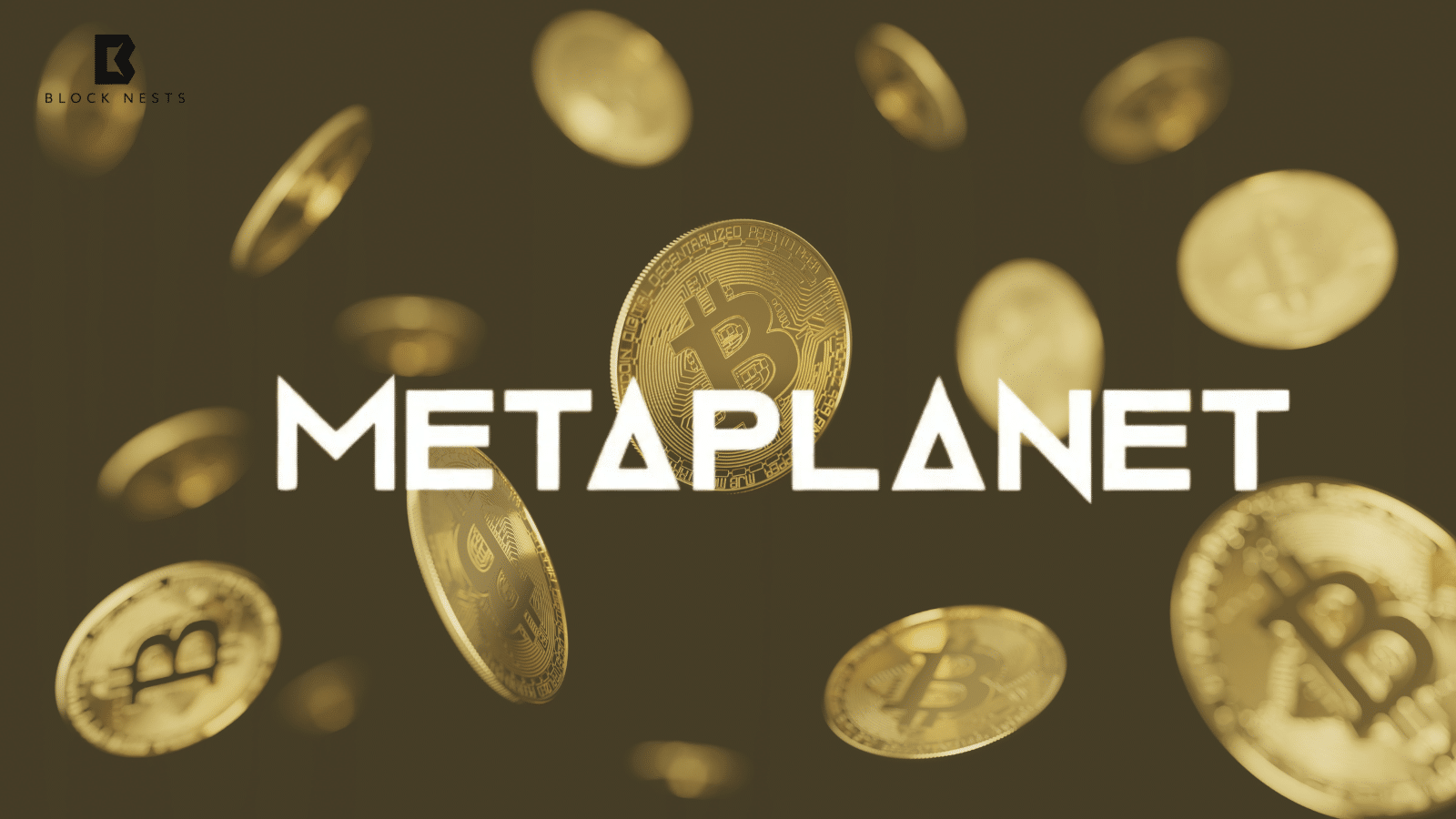- The SEC has closed its three-year investigation into Uniswap Labs without taking any enforcement action.
- The decision is a major victory for Uniswap and the broader DeFi sector, reinforcing the argument that existing financial regulations do not fit decentralized platforms.
- Similar regulatory outcomes for Coinbase, OpenSea, and Robinhood suggest a potential shift in the SEC’s approach to crypto oversight.
Uniswap Labs, the creator of the largest decentralized trading platform on the Ethereum blockchain, has announced that the U.S. Securities and Exchange Commission (SEC) has concluded its investigation into the company without taking any enforcement action. It marks a significant victory for Uniswap and the broader crypto industry, as the SEC appears to be reassessing its aggressive approach to cryptocurrency regulation.
A three-year SEC probe into Uniswap Labs has ended without charges. The investigation began three years ago and focused on allegations that the company operated as an unregistered broker, exchange, and clearing agency. Additionally, regulators examined whether UNI, Uniswap’s native token, should be classified as an unregistered security.
In April 2024, the SEC escalated the case by issuing a Wells Notice to Uniswap Labs, a formal warning that the agency was considering legal action. At the time, the notice suggested that regulatory enforcement was imminent. However, the investigation has been closed with no charges or penalties, marking a pivotal moment in the ongoing battle between crypto innovators and financial regulators.
In April, the SEC issued a Wells notice claiming that Uniswap Labs operated as an unregistered broker, operated an exchange, and issued an unregistered security
— Uniswap Labs 🦄 (@Uniswap) February 25, 2025
As of yesterday, that investigation has officially been closed, and the SEC is taking no enforcement action
This is a…
Uniswap Labs maintained that it complied with applicable laws throughout the lengthy probe. The company consistently argued that the Uniswap Protocol does not function as a traditional exchange or clearing agency under U.S. securities laws. Furthermore, it asserted that UNI is not a security and should not be subject to SEC regulations.
Hayden Adams, the founder of Uniswap, has been a vocal critic of the SEC’s approach to decentralized finance (DeFi). He has repeatedly pointed out that the agency is trying to force outdated regulations designed for centralized financial institutions onto blockchain-based systems. Following the SEC’s decision to close the case, Adams described the outcome as a landmark victory for DeFi, reinforcing the argument that existing financial laws are ill-equipped to regulate decentralized ecosystems.
Today @Uniswap Labs received a Wells notice from the SEC.
— Hayden Adams 🦄 (@haydenzadams) April 10, 2024
I’m not surprised. Just annoyed, disappointed, and ready to fight.
I am confident that the products we offer are legal and that our work is on the right side of history. But it’s been clear for a while that rather than…
Uniswap Survives SEC Scrutiny Indicating a Shift in Crypto
Uniswap is not the only crypto entity that has withstands SEC scrutiny in recent weeks. Other industry giants, including Coinbase, NFT marketplace OpenSea, and brokerage Robinhood, have also emerged unscathed from regulatory investigations. These developments indicate a possible shift in the SEC’s stance on cryptocurrency regulation.
This shift comes as the SEC undergoes a leadership transition under Chairman Mark Uyeda, who was appointed during the administration of President Donald Trump. Under Uyeda’s leadership, the SEC has launched several reform initiatives, including creating a crypto task force and a crypto and AI fraud oversight board. These moves suggest that the regulatory body may take a more structured and industry-friendly approach to digital assets.
The SEC’s decision to drop its investigation into Uniswap could mark a turning point for the broader crypto industry. With a more predictable regulatory environment, crypto firms may gain greater institutional confidence, potentially paving the way for wider adoption of blockchain technology.
For now, Uniswap’s victory represents a significant milestone for decentralized finance, proving that DeFi protocols can successfully challenge regulatory overreach. As the crypto industry evolves, this case will likely serve as a blueprint for future regulatory battles, shaping how decentralized platforms interact with traditional financial authorities.
Related | Ethereum and Bitcoin: Uncorrelated Assets in a Shifting Financial Landscape
How would you rate your experience?






